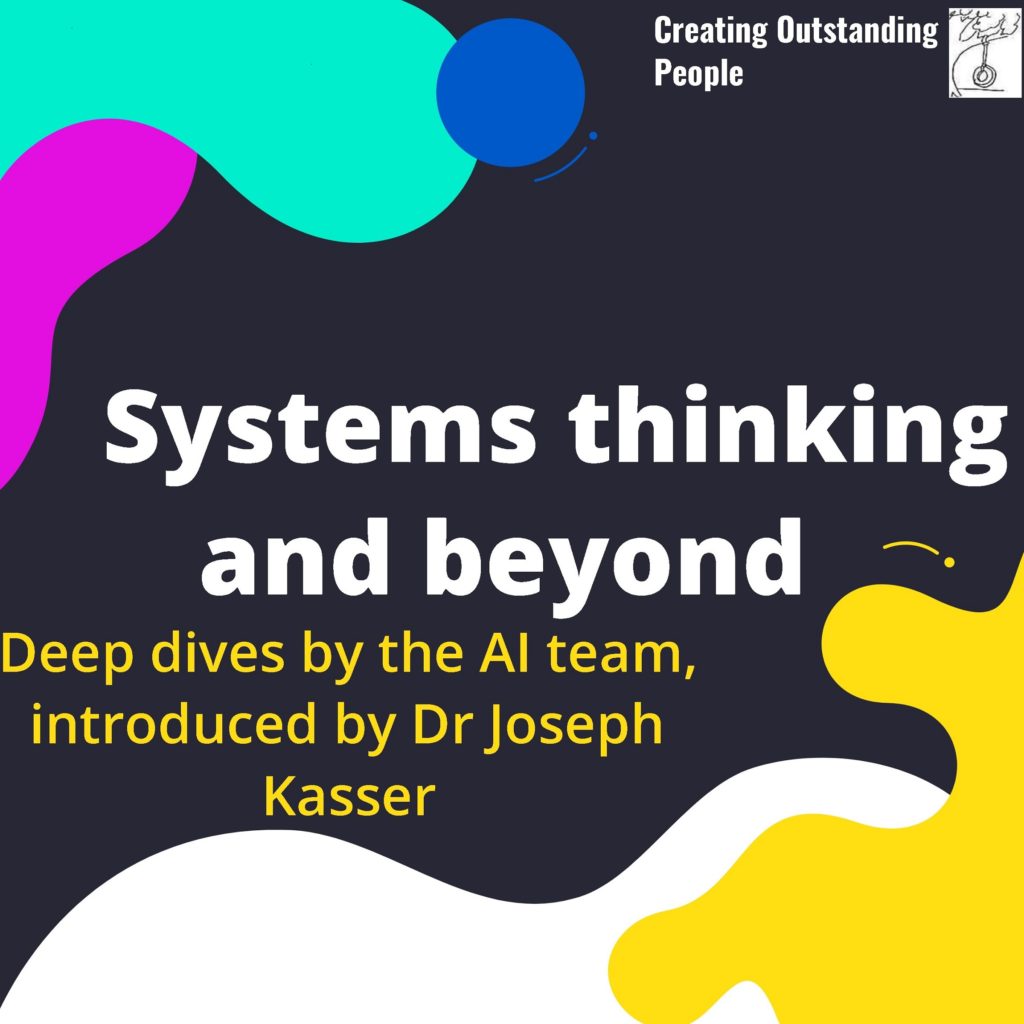The AI team take a deep dive into a systems engineering course designed to create outstanding systems engineers. The course uses a blended learning approach with online lectures, readings, exercises, and live Q&A sessions. It covers various aspects of systems engineering, including the system lifecycle, risk management, and problem-solving. The course emphasizes a systemic and systematic methodology and aims to improve participants’ systems and critical thinking abilities. The instructor is Dr. Joseph E. Kasser, a highly experienced systems engineer and academic.
This course on systems engineering is different from other courses in a number of ways. The course considers systems engineering to be an enabling discipline similar to mathematics1 and emphasizes conditional knowledge, not just declarative and procedural knowledge2. It teaches how to apply systems thinking to problem-solving in all stages of the system lifecycle1 and focuses on the practical application of systems engineering concepts through exercises and case studies1. The course uses the balanced classroom teaching method to maximize learning effectiveness1.
Here are some more specific differences:
This course emphasizes the problem-solving nature of systems engineering3, focusing on how to identify and solve problems in various stages of the system lifecycle.
- This course emphasizes the problem-solving nature of systems engineering3, focusing on how to identify and solve problems in various stages of the system lifecycle.
- It covers the two systems engineering paradigms, “A” and “B”, and explains why using the wrong one can lead to project failure.
- This course delves into Model-Based Systems Engineering (MBSE) and explains why it’s a return to the “A” paradigm.
- The course explores the five types of systems engineers and the states in system development where each type is most effective5. This information helps participants understand the different competencies, skills, and knowledge needed in different parts of the system lifecycle.
- The course introduces the concept of the “SHMEMP,” which encompasses essential documents and plans beyond the traditional SEMP and TEMP6. This provides a more comprehensive view of project planning and management.
- The course uses a flexible lifelong learning delivery method with online modules, live Q&A sessions, and an Asynchronous LinkedIn discussion group, allowing participants to progress at their own pace.
- he course also covers topics not typically found in similar courses, such as:
- The relationship between systems engineering, project management, engineering, and problem solving
- A framework for benchmarking competency assessment models
- Common causes of cost and schedule growth for large-scale systems
- Sensitivity analysis, proposals, tenders, business plans, and different types of contracts
- Ethics in systems engineering, which is explored through a case study using the film The Pentagon Wars
This course provides a broader and deeper understanding of systems engineering, going beyond the traditional process-focused approach to cover a wider range of concepts and practical applications.

